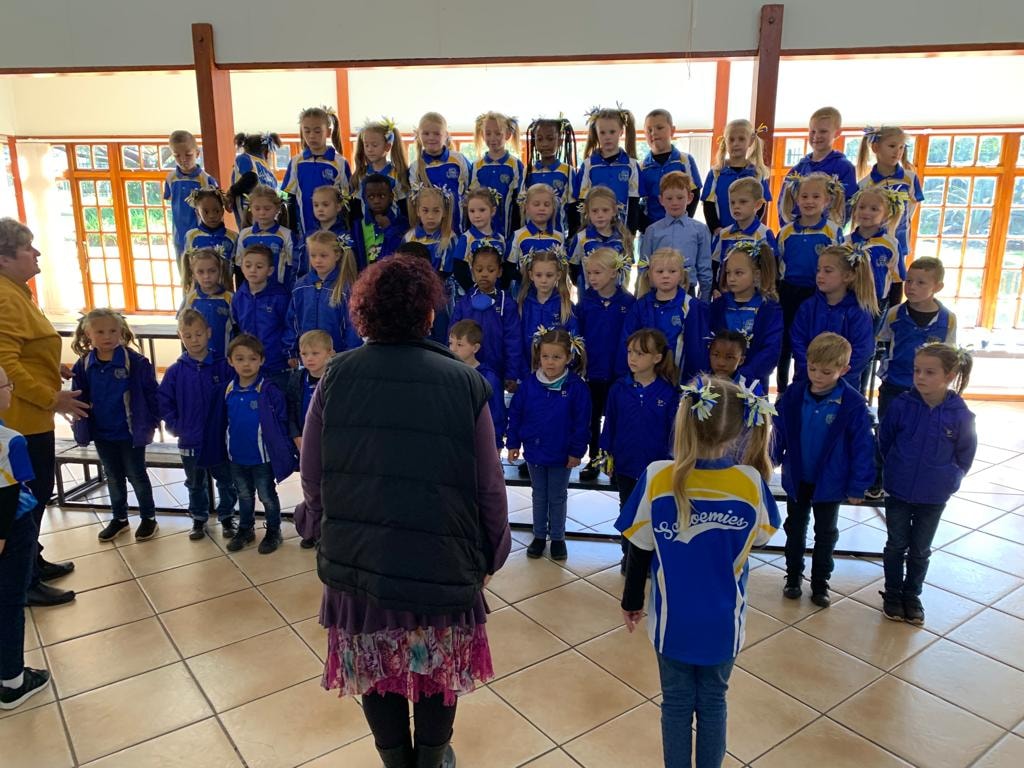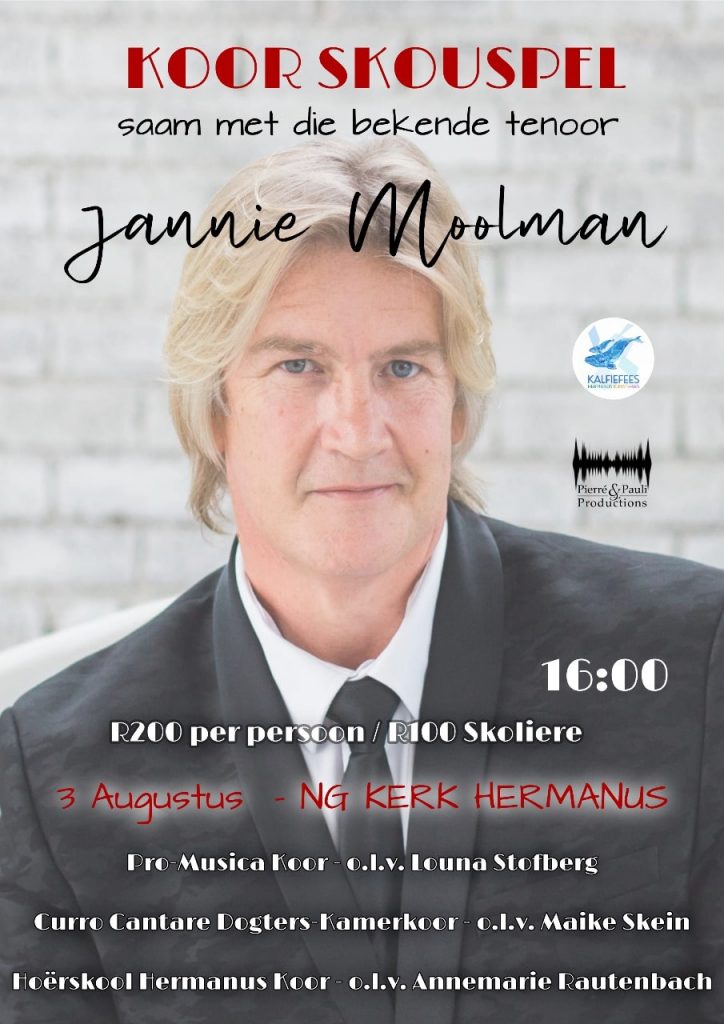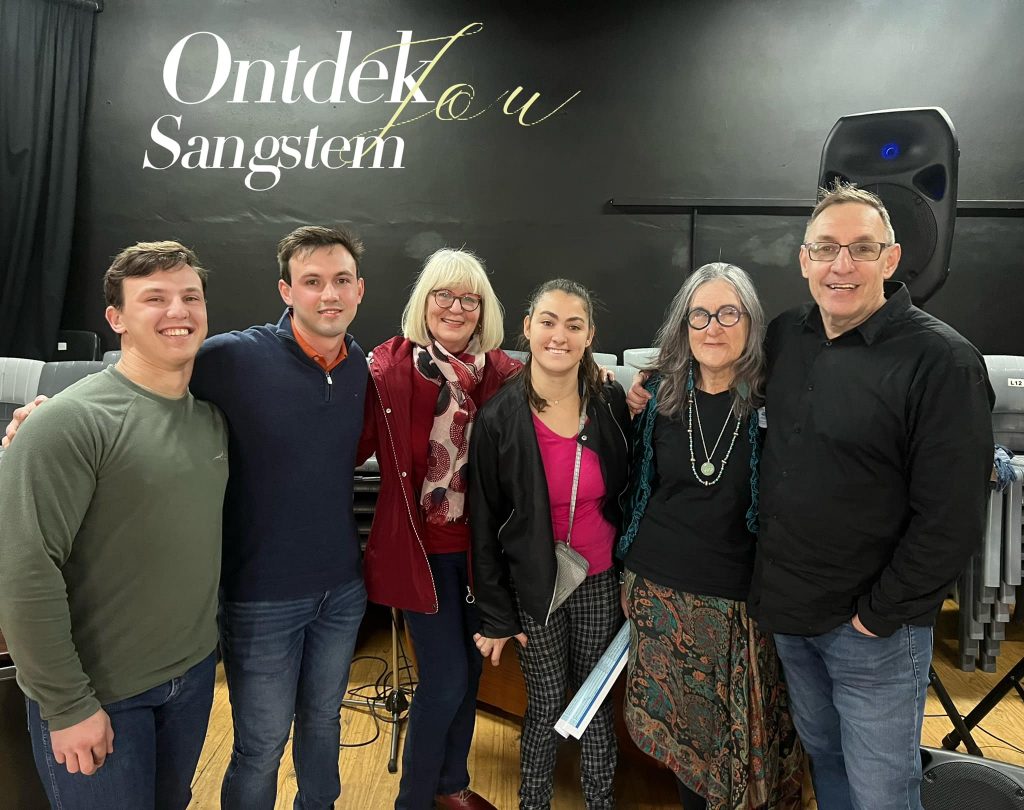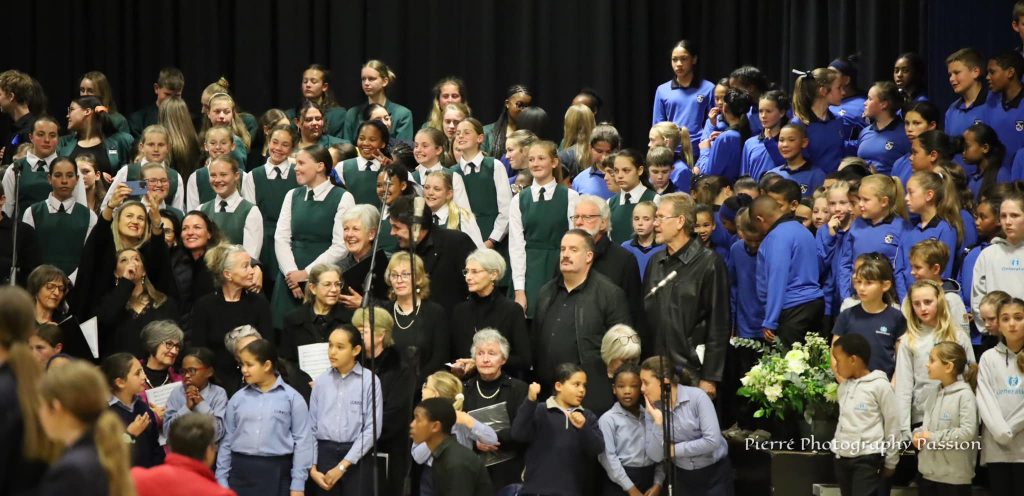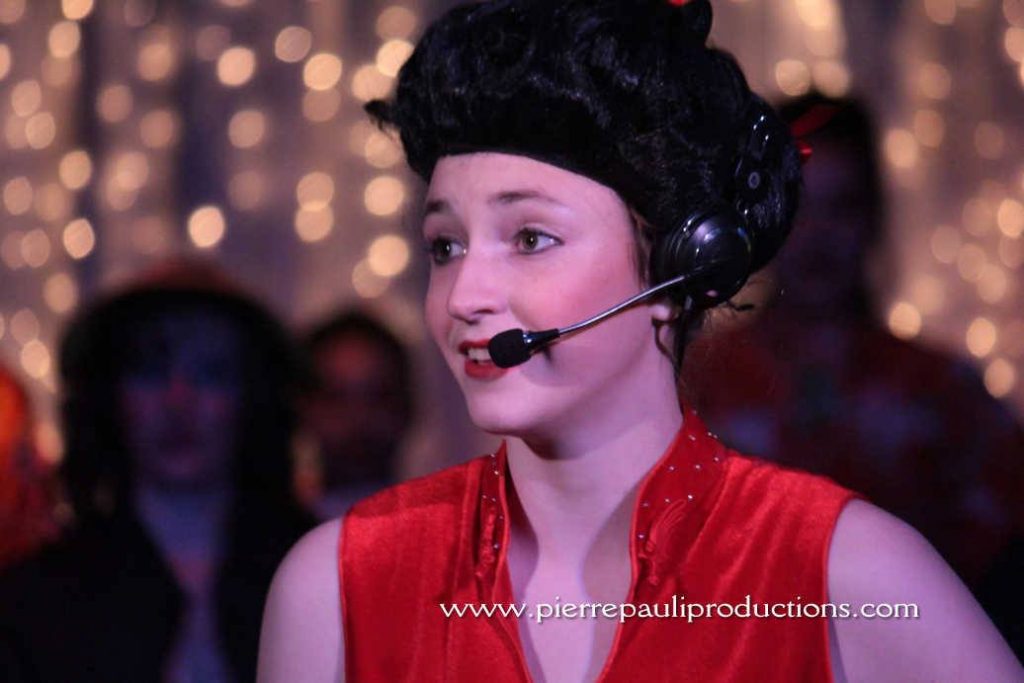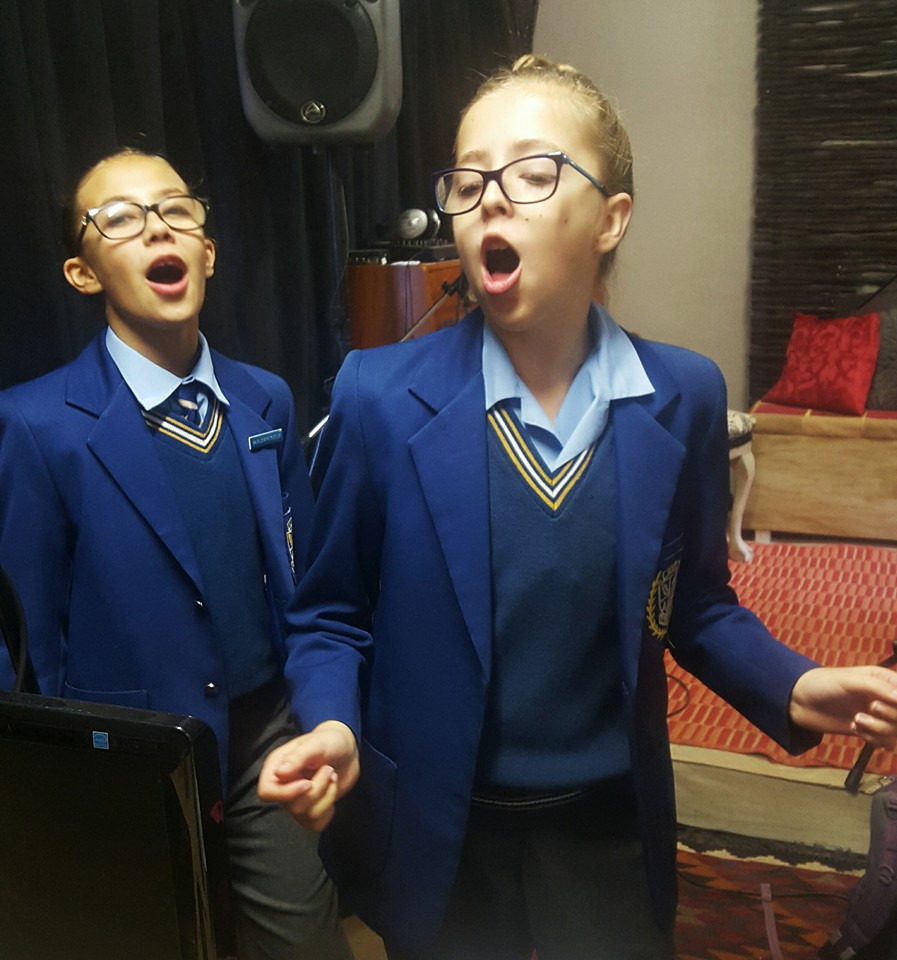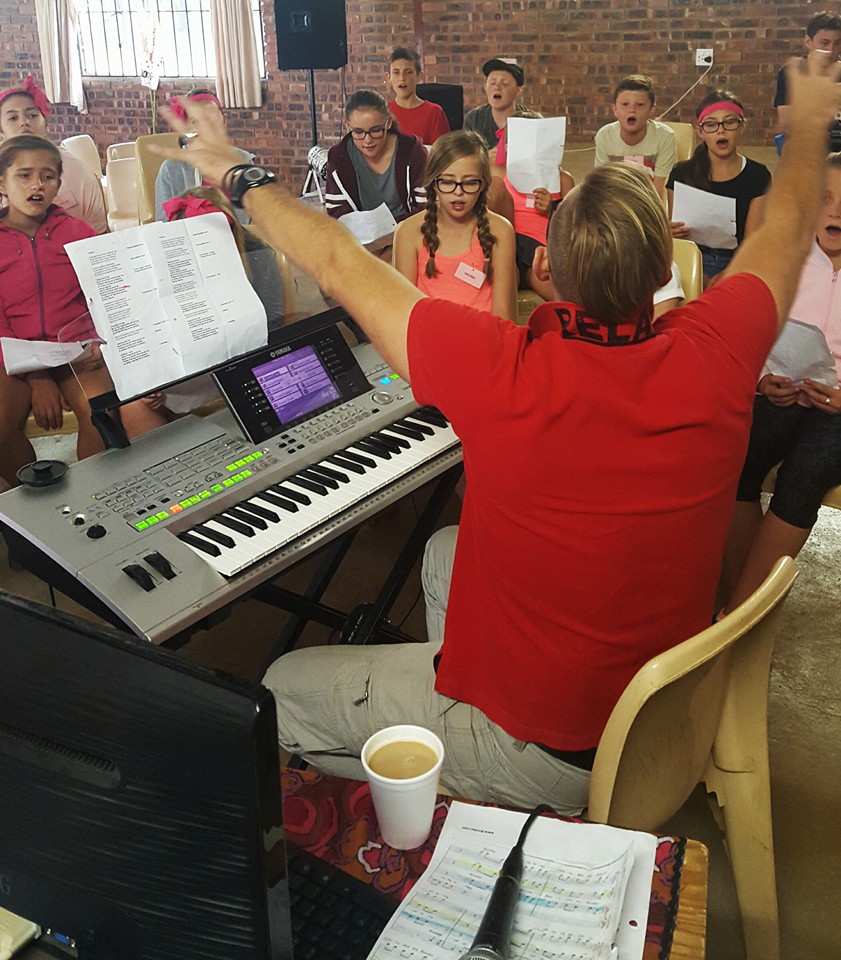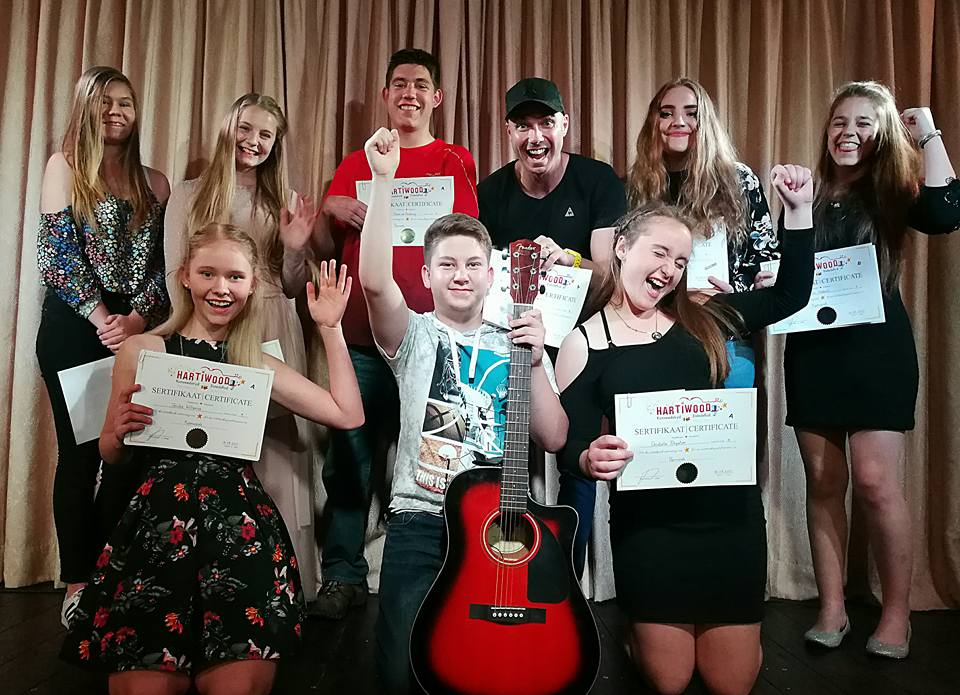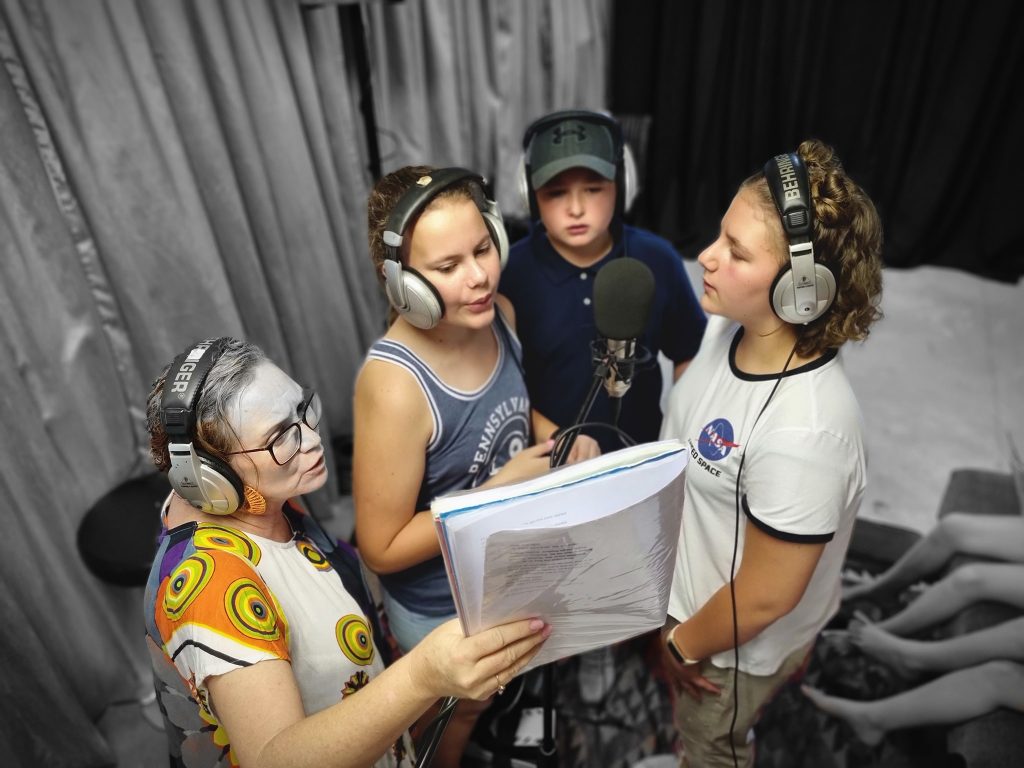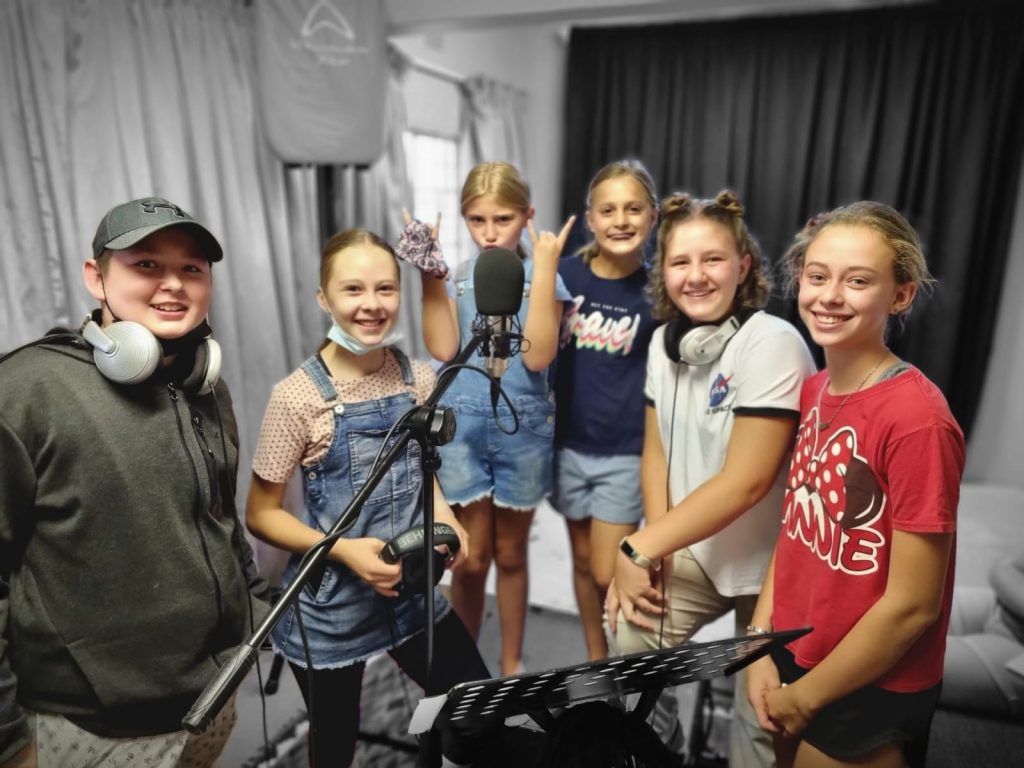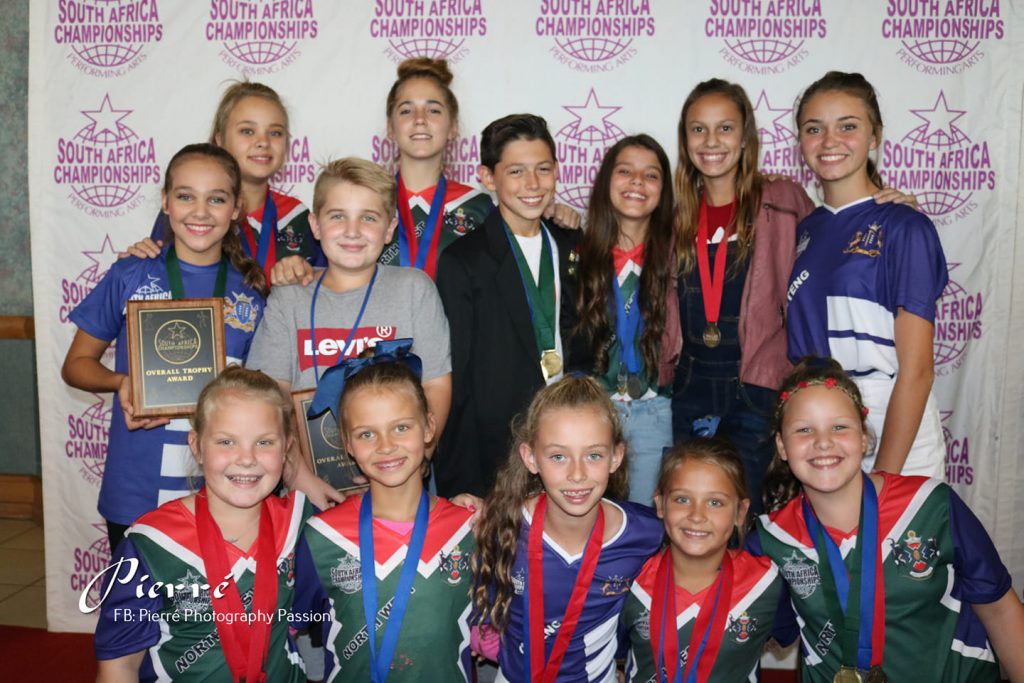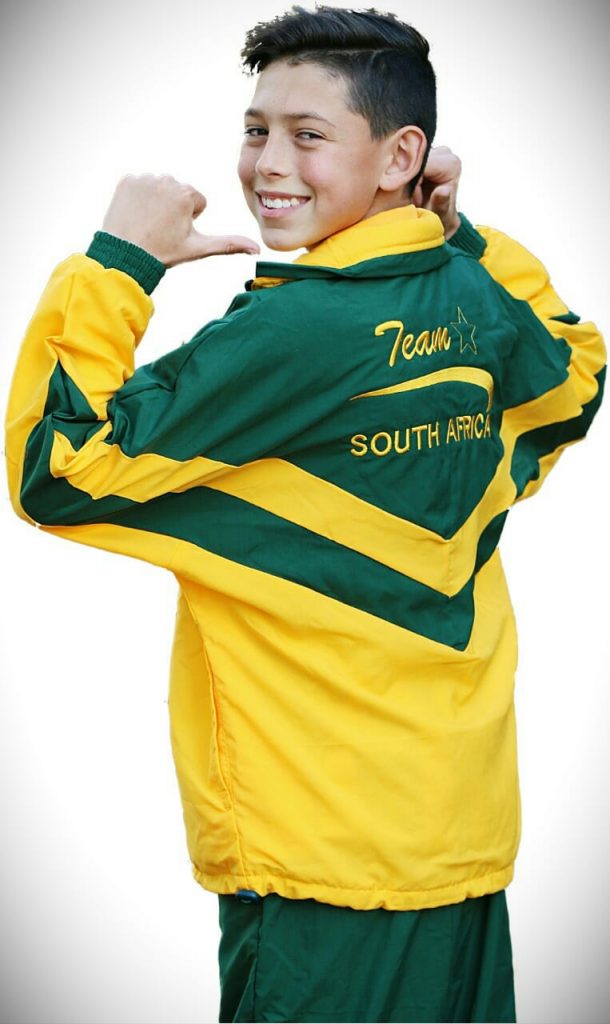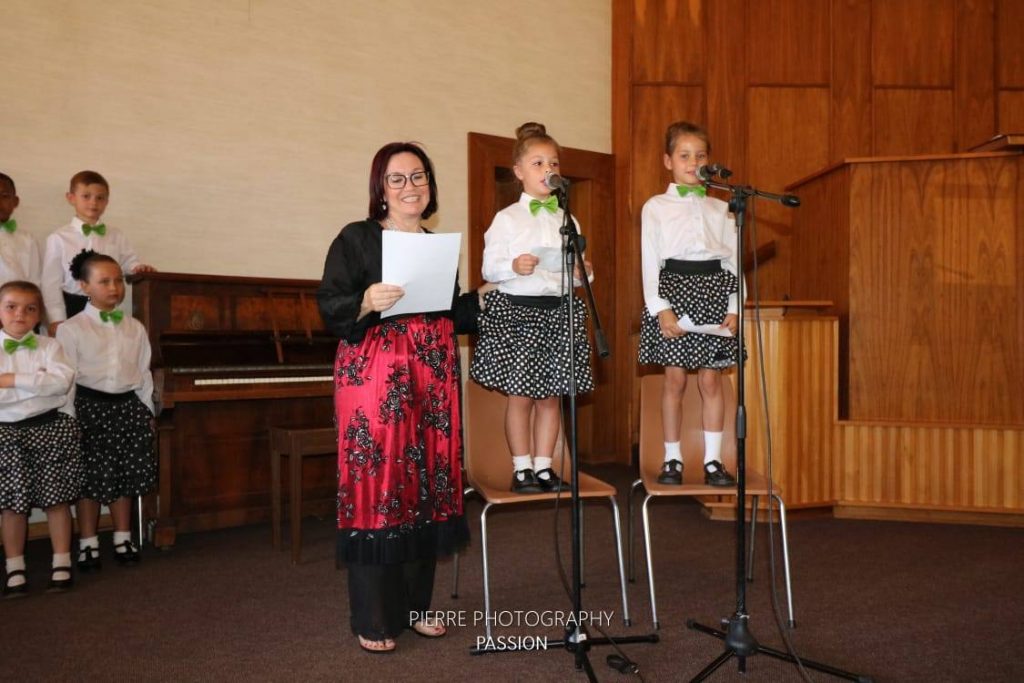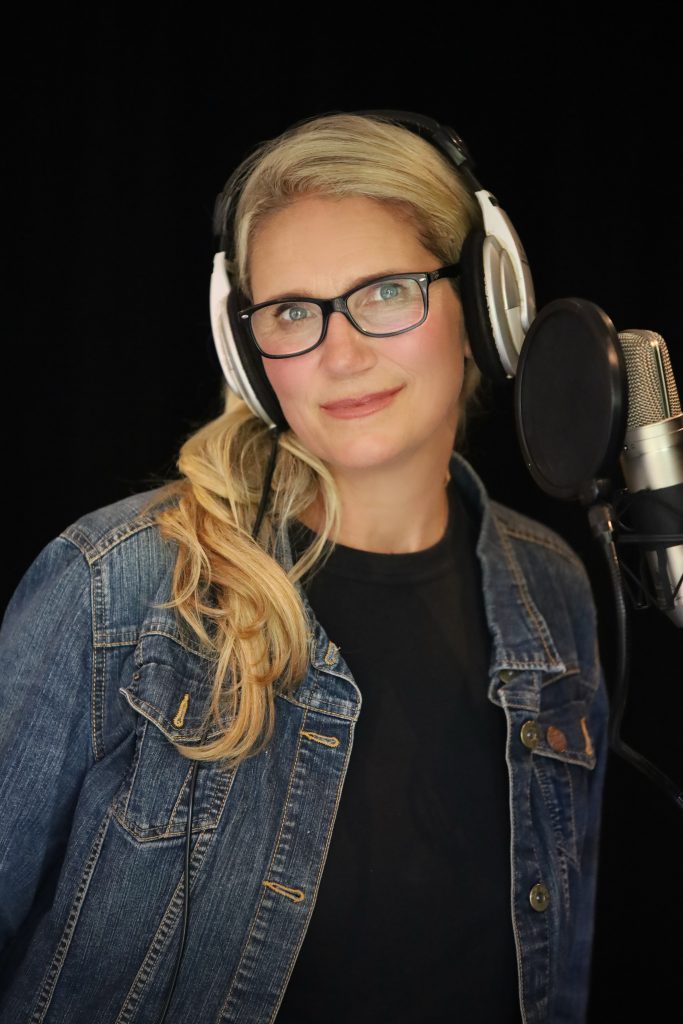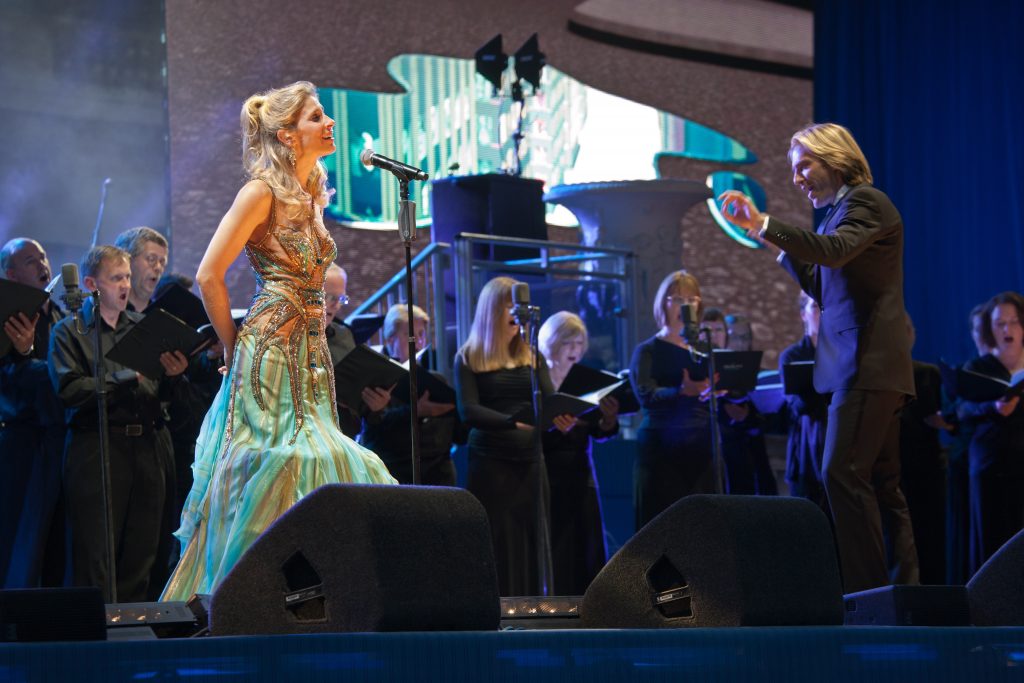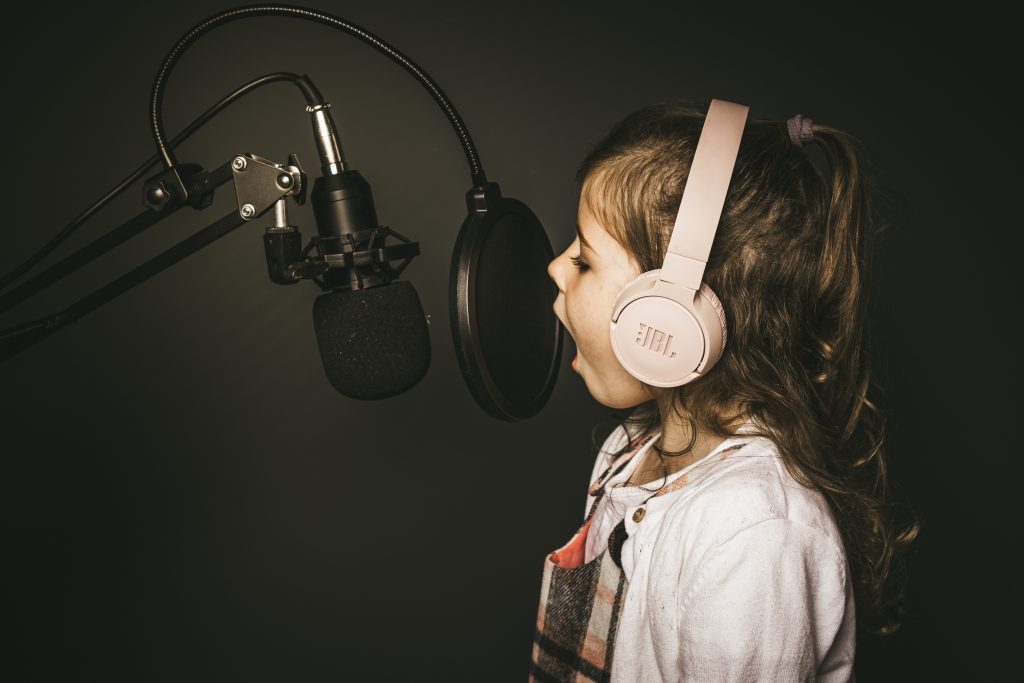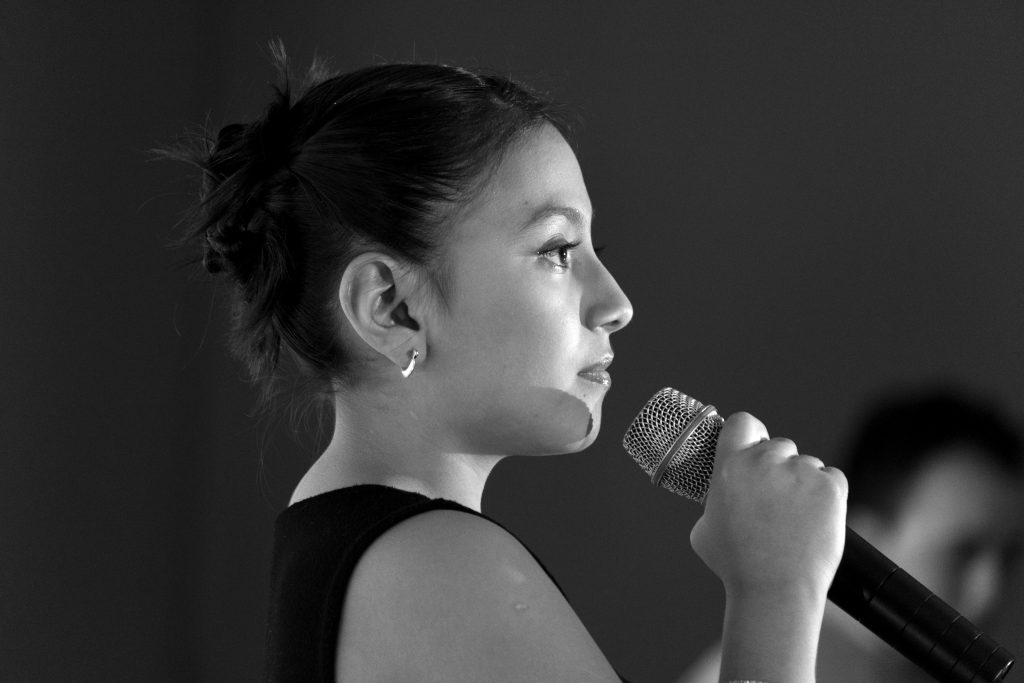
A BALANCING ACT OVER THE HURDLES
How do you define a successful school career? What if your child isn’t a cookie-cutter achiever with an average of three distinctions and a sports award? Or maybe you have a child with eight distinctions but no time for anything outside of books, or a sports star with enough potential to shine in school but not enough to realistically secure a future?
By SalomIe De Lange
I’m standing at the start of a new season in my life: the empty-nest phase. No more homework, Life Orientation projects, chauffeuring (or rather racing), wiping tears, fixing mistakes, packing lunchboxes, filling out forms, and juggling endless responsibilities. My phone is painfully silent. All my kids are busy with their own adventures. I almost miss the thousands of WhatsApp groups that used to frustrate me (often after 10 p.m.). This is a season for reflection—and now I have plenty of time for it!
How do you define a successful school career? What if your child isn’t a cookie-cutter achiever with an average of three distinctions and a sports award? Or maybe you have a child with eight distinctions but no time for anything outside of books, or a sports star with enough potential to shine in school but not enough to realistically secure a future?
I believe balance is the greatest challenge in our full-nest phase. There were many days I sat with my juggling balls on the ground, head in my hands, fingers in my hair! A day only has so many hours, the car can only drive in one direction at a time, and your wallet only has so many notes. Not to mention hormonal teenagers who still need to learn their own balancing act!
We live in a time where holistic development is a buzzword. Most students manage to squeeze at least one sport into their schedule, and there you have it—balance! But my question is: is that enough? Can we send our kids into the world today with just a matric certificate and the ability to catch, hit, or run with a ball? Before the sports moms and dads attack me, I acknowledge that sport teaches teamwork, perseverance, health, and more. But are we missing countless other opportunities because we see sports as the be-all and end-all? And for those kids who miss the ball and trip over their own feet—are there enough opportunities in schools to let those children thrive too?
Ask any culture parent, teacher, or coach, and they’ll tell you: cultural activities often take a backseat in schools. According to Pauli van Niekerk, a culture guru, choir conductor, and public speaking coach, it’s a mindset shift that’s needed. Culture should work alongside sports. It requires flexibility from the cultural team because often the child excelling in sports is the same one who shines in cultural activities, especially in primary school.
It’s understandable that activities with the most participation take priority. However, driving past a sports field in the afternoon doesn’t paint an accurate picture of the entire school population. My question is: do parents and learners realize the treasure trove of opportunities and development that cultural activities offer? How can we use these to equip our children to clear life’s hurdles?
Although many learners initially find performing in front of an audience intimidating, it’s this persistence and effort that build their confidence. They learn to express themselves, handle criticism, and showcase their abilities with pride. This growth in confidence has a positive impact on their self-image, which becomes evident in other areas of their lives. It fosters a “nothing ventured, nothing gained” mindset that prepares them for success in life.
Cultural activities encourage learners to think outside the box and on their feet. This creative thinking can help them in other areas, such as problem-solving in academic subjects and later in the workplace.
Through drama, children are encouraged to step into other characters’ shoes and develop empathy. Music provides an outlet for emotions that are difficult to put into words. And who wouldn’t want a young person who can articulate their emotions? Debate creates a platform for analytical thinking and structured expression, while public speaking teaches the art of addressing an audience. I’ve heard so many dads say they envy their children for having the opportunity to speak confidently in public so early in life—it’s a powerful skill to have in the workplace.
Unfortunately, the current school environment and academic pressures can be overwhelming for our children. Cultural activities provide a much-needed escape. Making music, singing, or participating in drama helps kids relax and reduce stress. These activities give them a sense of fulfillment and joy.
The benefits of cultural participation extend far beyond school years. Children who engage in these activities develop lifelong skills and interests that help them lead balanced and fulfilled lives. Whether as a hobby or a professional pursuit, cultural activities provide a foundation for ongoing growth and self-enrichment.
Recently, I had a fascinating conversation with my youngest child. Like many other boys, he participated in every school sport imaginable: rugby, cricket, tennis. In his younger years, he also eagerly took lessons to play the instrument of his choice. But, as in so many cases, sports took over all his time, and the once-shiny guitar now gathers dust. If he could turn back time? He’d definitely stick with those lessons (though I suspect it has more to do with impressing the opposite sex with his talent).
Looking back on 18 years of being a mom-taxi, through the nostalgic lens that dulls the chaos and frustrations of juggling balls, it’s the cultural afternoons that hold the most beautiful memories for me. It’s through those afternoons that I can trace the delicate thread of balance in my children’s lives and excitedly watch them leap over life’s hurdles.
